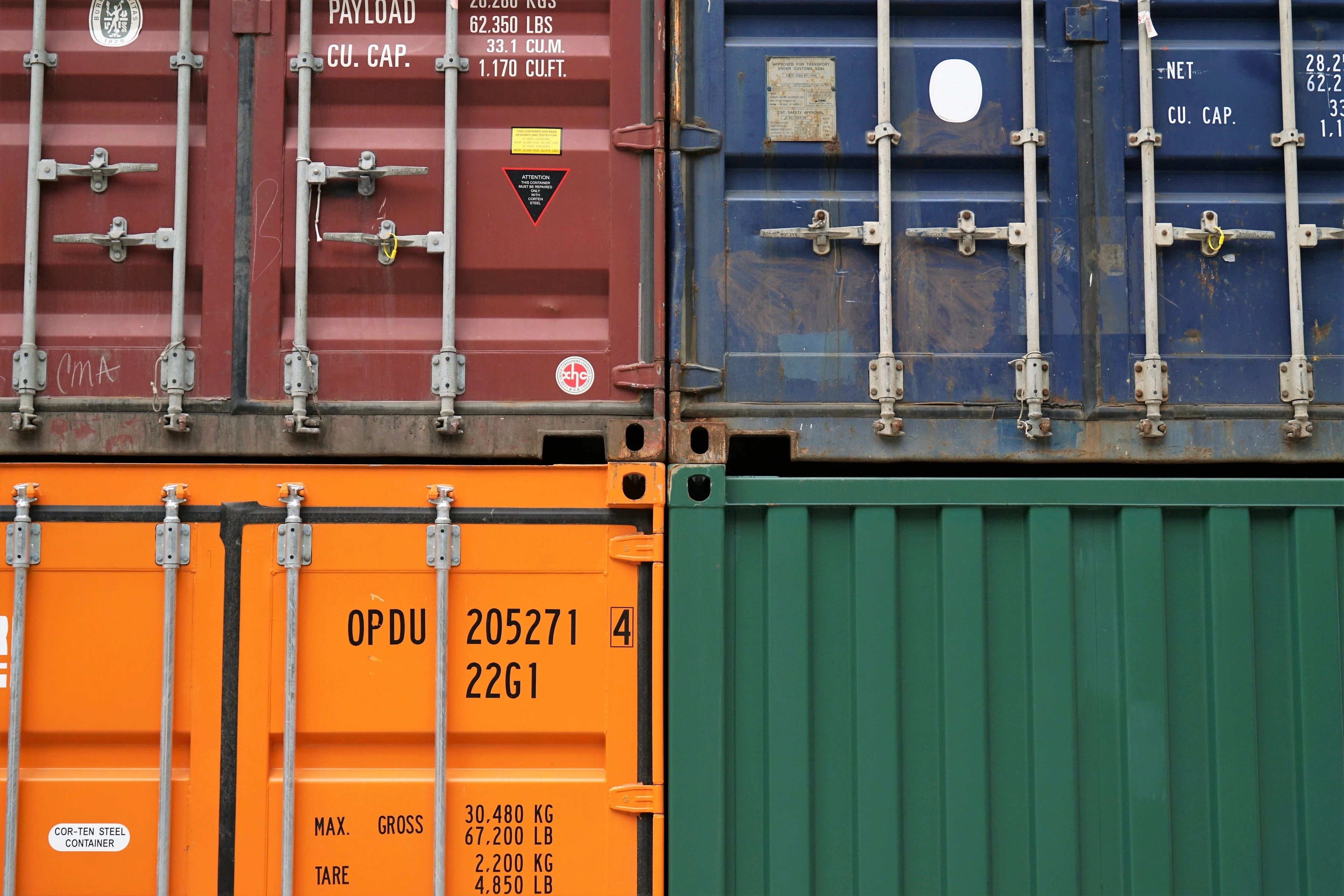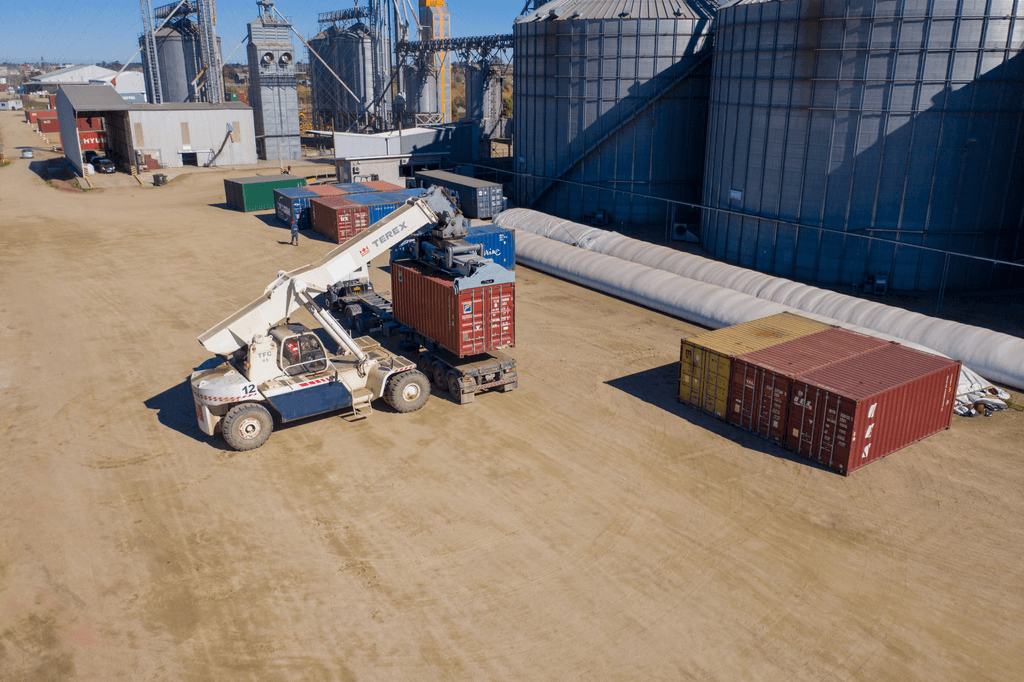The Ai-driven transformation of logistics
Juango is a freight and warehouse management company that spans their services across a growing number of Latin American countries. A 30+ years old company, they saw the potential of technology to help them radically transform their offering with the end goal of achieving exponential growth.

The vision
To digitally transform its structure to reduce inefficiencies and achieve its expected growth levels, Juango realized it was time to make a change that would allow it to be one step ahead of the game.
As an additional level of complexity, the goal was to reduce their dependence on human dispatchers that organized and assigned physical resources while simultaneously maintaining its operations and levels of activity with zero downtime.
The Transformation
Juango has transformed its processes and expanded its business reach and efficiency as a result of the inclusion of Artificial Intelligence. It can now make the best possible decisions based on available information and maximize the value they deliver to their customers in the light of this knowledge.
Our solution proved relevant for Juango, delivering improvements across the board by including restraints in the planning process:
Healthcare
Low code
Design
Initial
1 ML Engineer
3 Developers
1 QA
1 UX/UI
1 PM
Ongoing Team
2 Devs
Part time QA
PM Support
The growing pains of a thriving business
Juango grew from a family business that owned 2 trucks to a company in control of siloes and warehouses. The increment in fleet -and general market growth- size meant a technical input was needed in order to keep the business running smoothly: up to that point, Juango had little to no active digitalization practices.
The company relied on experience and dispatchers as well as other relevant logistics personnel, but daily operations often made them a bottleneck for decision making.
Juango realized the organization of knowledge acquired through the years in a scalable way that could grow along with them was due. And that’s when Arionkoder came in.

The way forward
"I don’t think they could’ve made it better."
Nicolas Rodriguez
CIO @ Juango Logistica
Transformation
takeaways
We developed a platform that significantly enhanced the company experience. Key improvements include better time efficiency, reduced repetitive tasks, and seamless support for a growing client base.
-43%
time spent in journey and fleet planning
-31%
in route costs,including gas and personel

